Publications
Articles, publications, books, tools and multimedia features from the U.S. Institute of Peace provide the latest news, analysis, research findings, practitioner guides and reports, all related to the conflict zones and issues that are at the center of the Institute’s work to prevent and reduce violent conflict.
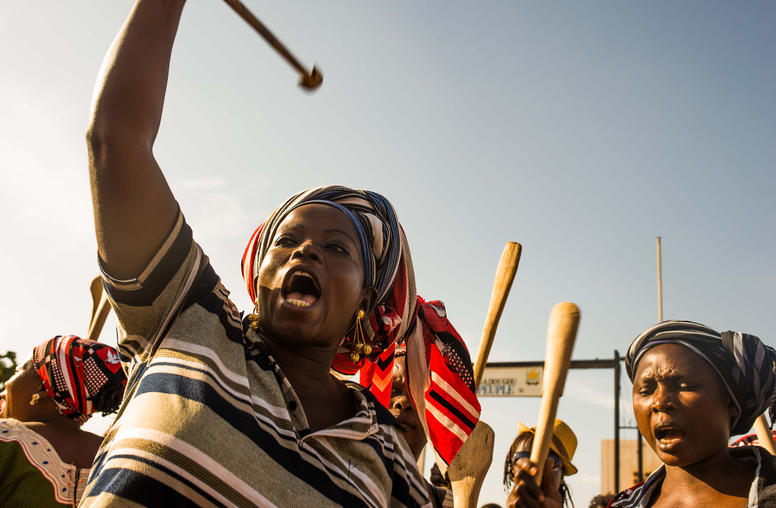
Mobilization, Negotiation, and Transition in Burkina Faso
In October 2014, a massive popular uprising unseated Burkina Faso’s long-time president, Blaise Compaoré, and drove a civilian-led transition that culminated in free and fair elections in November 2015. This report shows the importance of the national culture of dialogue and consensus and the benefit of a vast, resilient network across negotiating groups. Although violence in the country has since increased, lessons from Burkina Faso’s transition can inform the dynamics of popular mobilization, negotiations, and prospects for long-term peace and democracy in other settings.
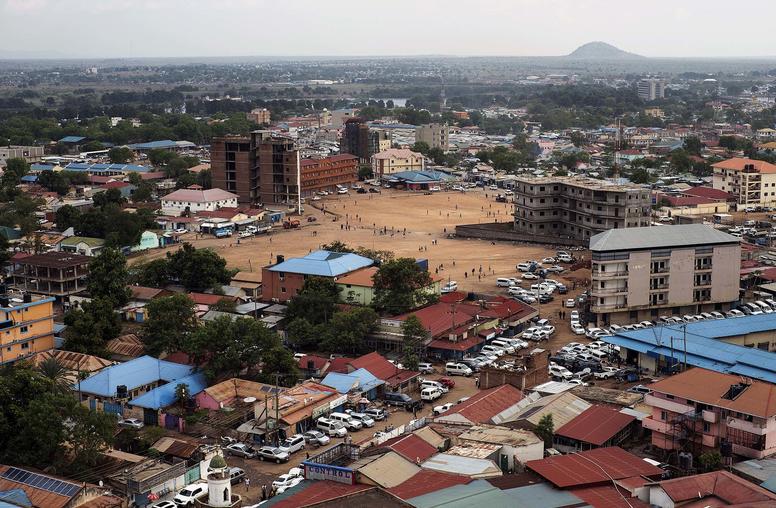
South Sudan: From 10 States to 32 States and Back Again
Last year, South Sudan reintroduced 10 subnational states in South Sudan, in place of the 32 states controversially created in 2017. Far from being an obscure matter of administrative organization, the initial, dramatic redivision of territory in the midst of protracted violence and large-scale displacement had a significant impact on representation, as well as social, economic, and political relations throughout the country. In 2018-19, researchers commissioned by USIP sought to better understand the decision-making process behind the creation of the 32 states in South Sudan. Researchers Matthew Pritchard and Aly Verjee discuss their findings in light of current developments.
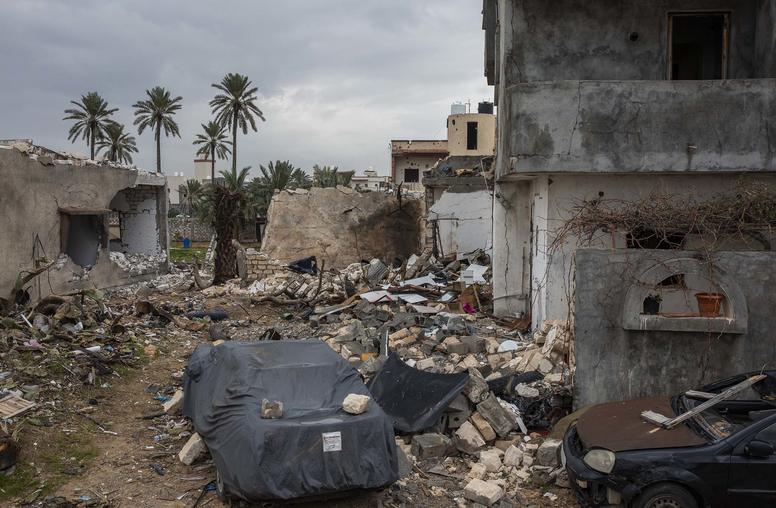
Libya: Amid Hope for Peace, Regional Rifts Still Pose Hurdles
Libyans and the United Nations advanced their current effort to end almost a decade of instability and war this month when a U.N.-backed forum nominated an interim government to prepare nationwide elections by the end of 2021. The new transitional government brings hope that this process—the third major U.N. peace effort in Libya—might lead to stability. Still, achieving lasting peace will require that the process address the main underlying driver of conflict: the divisions among Libya’s three main regions, notably over how to organize the government. It also will need the United States and other countries to support the transitional government and hold Libya’s contesting sides accountable.
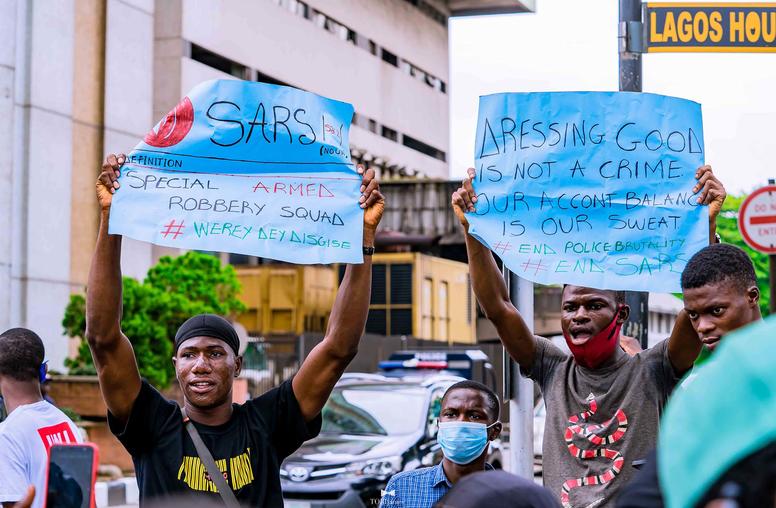
Months After Protests, Nigeria Needs Police Accountability
In Nigeria and more than a dozen nations—the United States, Brazil and Japan are others—public protests erupted in the past year against police brutality. Across the globe, police violence traumatizes the marginalized, spares the powerful and remains unaddressed until the abuse is illuminated to broad public view. While brutality is typically rooted among a minority of officers, it persists because weak systems of police accountability offer impunity, even to repeat offenders. In Nigeria, as in other countries, the solution will require building strong accountability mechanisms—both within police agencies and externally, in the communities they serve.
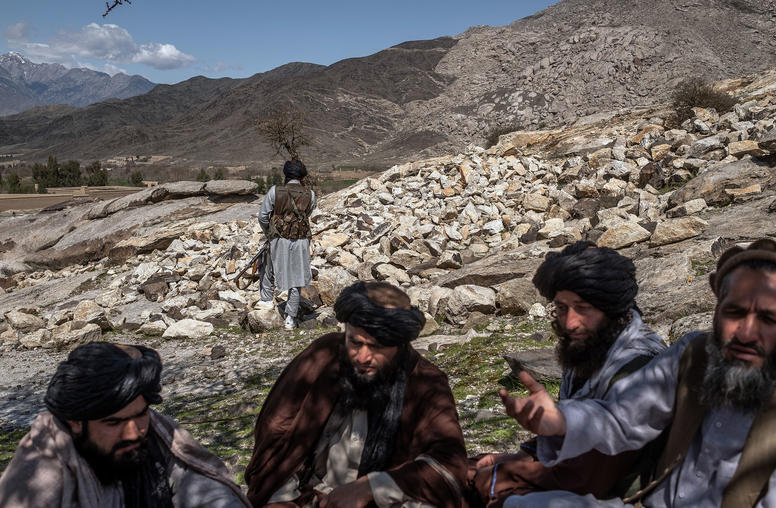
Breaking the Stalemate: Biden Can Use the U.S.-Taliban Deal to Bring Peace
On the eve of the one-year anniversary of the U.S.-Taliban agreement, Afghanistan remains unfortunately far away from peace. The historic agreement paved the way for a full U.S. withdrawal of troops from Afghanistan and the start of intra-Afghan talks on a political settlement of the conflict. As the May 1 withdrawal deadline nears, the Biden administration is undertaking a rapid Afghanistan policy review to determine its overall strategy toward the slow-moving intra-Afghan negotiations in Doha, Qatar. A key reason for the lack of movement in talks is that both sides are anxiously waiting to see what Biden decides.

North Korea in Africa: Historical Solidarity, China’s Role, and Sanctions Evasion
North Korea serves as a mutually beneficial partner for many African governments. Although these ties are often viewed solely through the lens of economic and security interests, this report shows Pyongyang's deep historical connections and ideological linkages with several of the continent’s nations. North Korea–Africa relations are also bolstered by China, which has been complicit in North Korea’s arms and ivory trade, activities providing funds that likely support the Kim regime’s nuclear ambitions and allow it to withstand international sanctions.
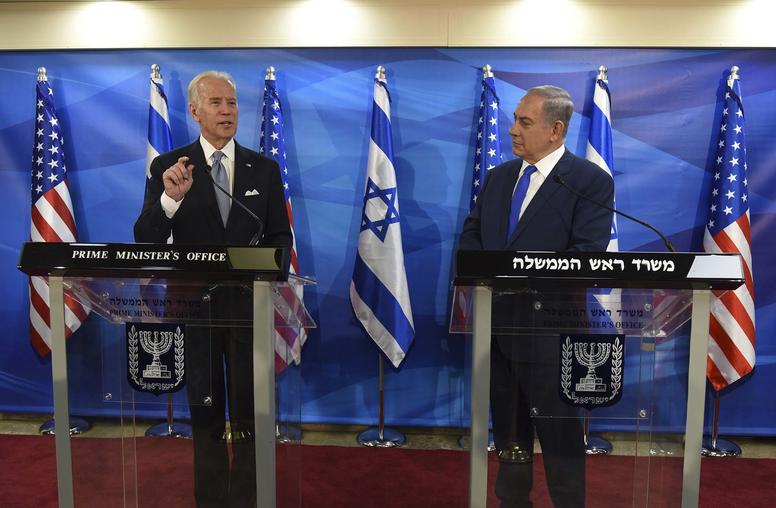
Why Biden Should Prioritize Preserving the Two-State Solution
The Biden administration came into office facing a host of pressing domestic and foreign policy challenges. And while issues like a rising China, the Iran nuclear deal, and the COVID pandemic will dominate the new administration’s agenda, it should not lose sight of the decades-old Israeli-Palestinian conflict.
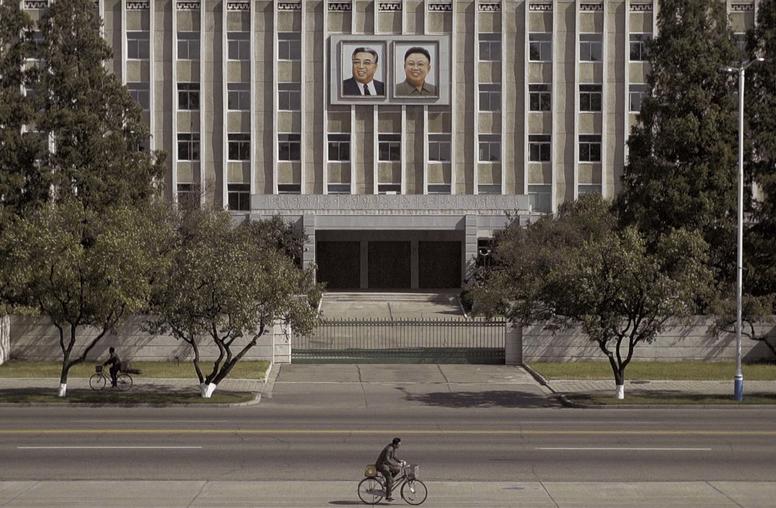
Can Markets Help Foster Civil Society in North Korea?
After North Korea’s planned economy faltered in the 1990’s, resulting in a devastating famine known as the “Arduous March,” citizens turned to an informal market system for survival. Desperate for some semblance of stability, the North Korean state initially tolerated these rudimentary transactions as a financial necessity. These markets have grown in scale and complexity over the last two decades—and in the process, have facilitated the growth of unofficial economic networks that exhibit signs of a nascent semi-autonomous public sphere that is unprecedented in North Korean society.

Crossing cultures is hard—even for ‘multicultural natives’
Laurette Bennhold Samaan was born with roots in three distinct cultures. But even as a multicultural native, she says, her missteps have taught her how cross-cultural competency is never fully natural, and cannot be reduced to formulas. Identity, context and humility are critical, she says.

Stay in the circle: Patient listening can connect across cultures
Burning Man Project’s Kim Cook has—literally—danced on the cross-cultural divide. She recalls lessons in cultural competence from her work in creative enterprises like theater and hip-hop. (And one day … there was that chocolate cupcake.) For Kim, humble persistence is the way to overcome our inevitable gaps in cultural understanding.